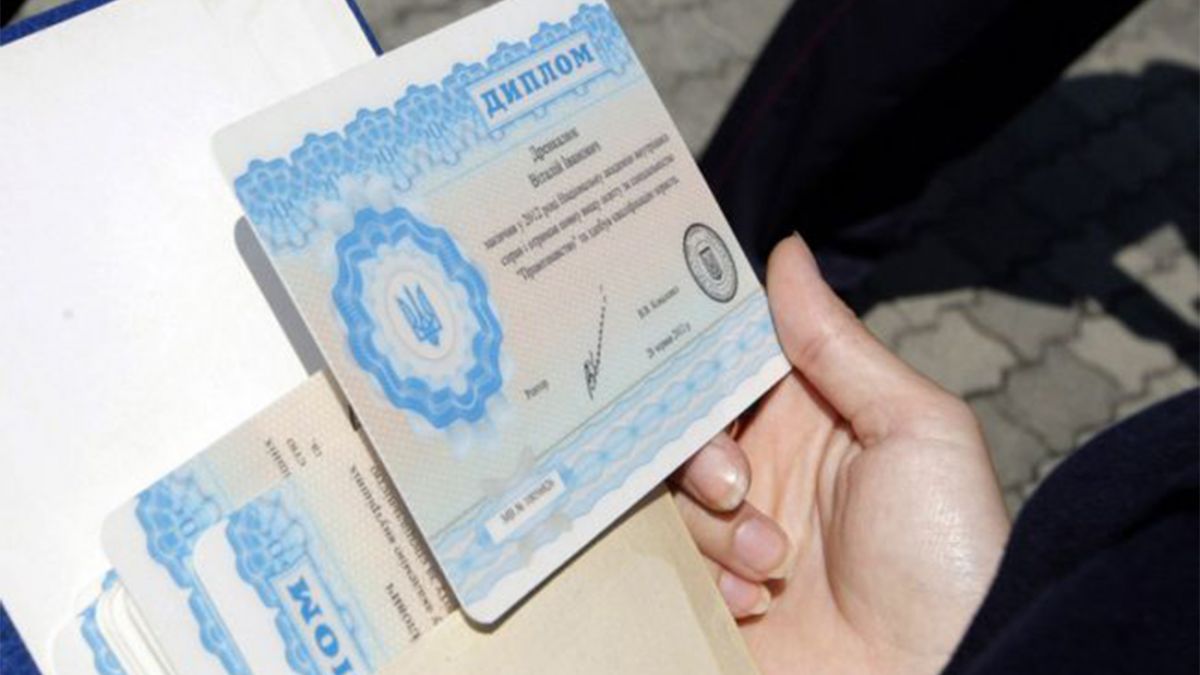Admission 2024: bachelor’s, master’s and doctoral studies will be admitted in a new way
5 June 2024 17:48
The Ministry of Education and Science has updated the procedure for admission to study for bachelor’s, master’s, doctoral or doctoral degrees in 2024, "Komersant Ukrainian" reports
According to the Ministry of Education and Science, changes to the procedure for admission to higher education in 2024 were made against the backdrop of the military and political situation in the country.
In addition, they take into account the main aspects of the exams that are necessary to confirm the high level of knowledge, competencies and skills of applicants.
What has changed
Support for higher education institutions located in frontline and border regions has been increased by increasing the regional coefficient.
The regional coefficient is a coefficient by which the competition score is multiplied if an applicant chooses a university located in a certain region.
The universities located near the combat zone and territories affected by Russian aggression will have a special regional coefficient:
- 1.07 – in Zaporizhzhia, Mykolaiv, Odesa, Sumy, Kharkiv, Chernihiv regions;
- 1.04 – in Dnipropetrovska, Poltavska oblasts, as well as Buchanskyi district of Kyivska oblast;
- 1.00 – others.
In addition, to obtain a master’s degree on the basis of an already obtained master’s degree (for the second higher education), admission can take place without a single entrance exam (SEE) and a single professional entrance test (SPET) – only by exams directly at the educational institution.
The Ministry of Education and Science clarified that this applies to study programmes in all specialities except:
- 081 “Law”
- 293 “International Law”.
To study for the degree of Doctor of Philosophy / Doctor of Arts, the condition for admission is the successful completion of the EMI in 2024 (with a score of at least 150 points for each of its components).
An alternative admission may be the EMI of 2023 (with a score of at least 130 points for the foreign language test).
At the same time, certificates certifying knowledge of a foreign language do not provide access to postgraduate studies in 2024.
Special conditions for admission to a Master’s degree programme
Students who graduated with a bachelor’s degree in 2024 can take advantage of special conditions for admission to a master’s degree programme. These conditions apply to students who are:
- are registered and reside in the temporarily occupied territory.
- reside in settlements where active hostilities took place as of 1 July 2024.
- reside in the temporarily occupied territory or moved from such territories after 1 January 2024.
Under such conditions, they can receive a recommendation for enrolment in a master’s degree programme if they enter the same higher education institution where they received their bachelor’s degree in the specialities specified in the List of specialities with special support.
If the higher education institution does not have a master’s programme in the speciality, students can apply to any relocated (temporarily relocated) higher education institution or higher education institution in Zaporizhzhia, Kyiv, Mykolaiv, Sumy, Kharkiv and Chernihiv regions.
It should be noted that the Ministry of Education and Science of Ukraine reported a record number of applicants for master’s and postgraduate studies. This was due to the fact that a large number of men have applied for master’s degrees this year.
About 280,000 people registered to take a single exam for admission to these study programmes. Most of them are middle-aged men.
It should be noted that the Law on Mobilisation, which came into force on 18 May, took into account the proposal of the Education Committee regarding the right to postpone mobilisation for postgraduate students.
It stipulates that the following categories of students and employees of education are not subject to call-up for military service during mobilisation and for a special period
- students of vocational (vocational-technical), professional pre-university and higher education who are studying full-time or dual form and obtaining a level of education higher than the previously obtained level;
- research and teaching staff of higher and vocational higher education institutions, scientific institutions and organisations with a scientific degree, and teaching staff of vocational higher education institutions, vocational education institutions, general secondary education institutions, provided that they work in the relevant institutions at their main place of work at least 0.75 times.
At the same time, the law excludes the possibility of evading conscription during mobilisation by entering an educational institution to obtain a second or third higher education (bachelor’s or master’s degree) or even a lower education than the one they have.









